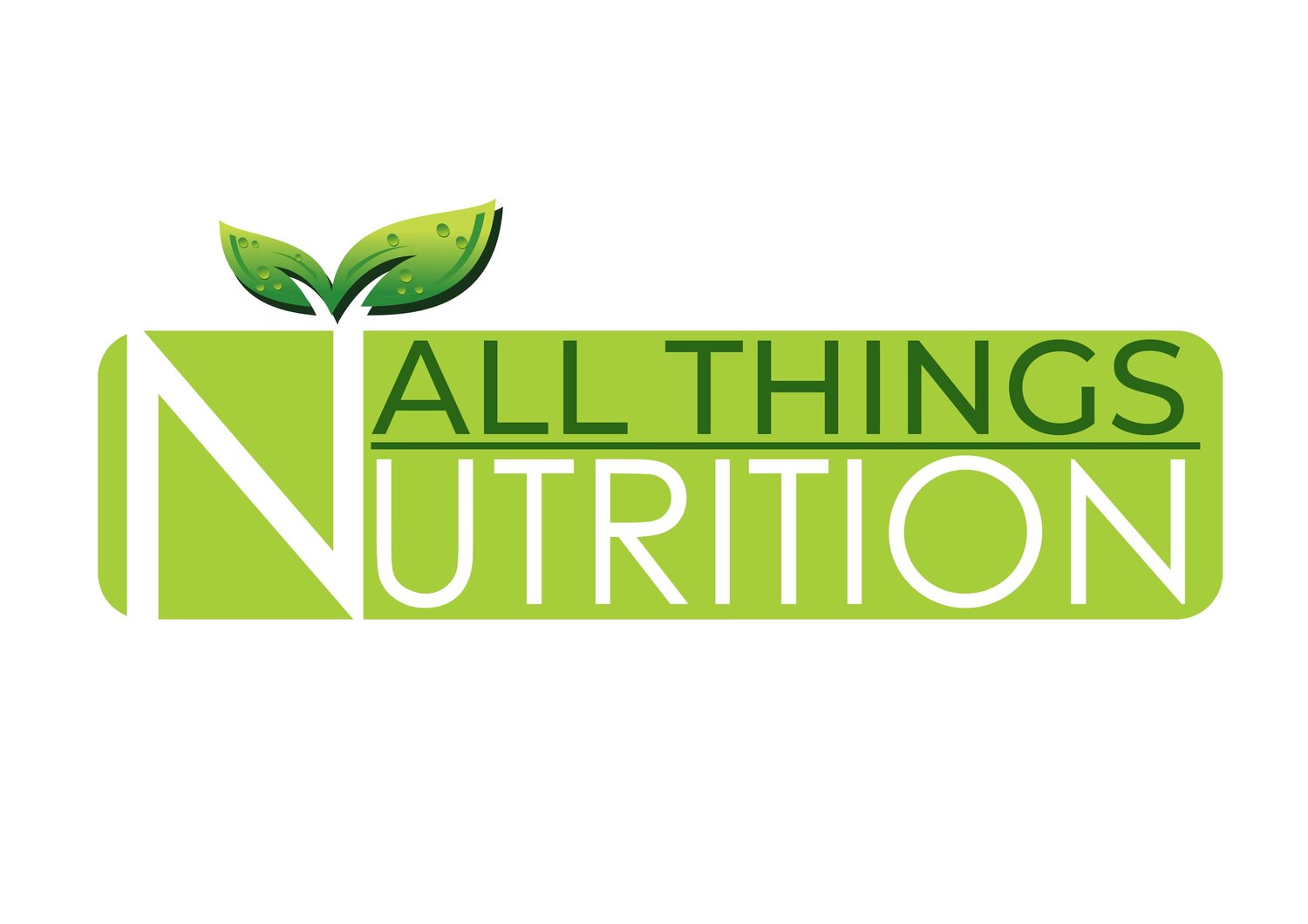REGISTERED DIETITIAN VS NUTRITIONIST
With the growth of a social media driven society, the truth behind a lot of “gurus” & professionals have become hidden & disregarded. If someone looks fit or healthy & has a lot of followers, people FLOCK. We all aren’t born with the same morals & values, so if you are paying, the truth they ARE NOT SAYING.
This isn’t to discredit others, however, nutrition is not a one size fits all, nor is it a niche in which you should trust the words of others. The truth is, just because someone looks good or healthy, doesn’t mean that eternally they are. Could you imagine consulting an Instagram model about weight loss when they’ve never had to lose weight? Or never studied the science behind doing so? That’s crazy, right? Umm yeah.
It is important to get to know the professional or the person that you are entrusting on your journey. This journey can simply be weight loss, disease management, or even personal training. Would you pay your plumber to train you in the gym? Nah. I hope not. With that in mind, everyone has a field & a lane in which they shouldn’t leave without proper training & education. I could really go on & on about this topic, however, my focus is to educate you & equip you with the knowledge regarding nutrition professionals.
Nutritionist, Registered Dietitian, Registered Dietitian Nutritionist, Licensed Dietitian, Certified Nutrition Specialist, etc., I am almost POSITIVE you’ve heard them all. What is the real difference? TRUST, the difference is real.
Anyone can call themselves a “nutritionist”. I mean, there aren’t any true qualifications. However, there are tons of programs that are made available for study to use this title. Unfortunately, these programs are not sufficient- not saying the programs do not provide valuable information at all. The programs are typically 6-8 weeks long, & cover the basics of nutrition. Nutrition is pretty complex, so why would I trust someone to guide me with their “basic” knowledge. Legally, there are limitations on what advice, service, & recommendations that a nutritionist can provide. Here are a few things to consider about nutritionists:
no regulatory authority
no degree required
not eligible for an exam
no code of ethics required
not licensed
no continuing education required
The terms Registered Dietitian & Registered Dietitian Nutritionist are basically the same & hold a national license. A Licensed Dietitian is licensed within their state. RD, RDN, & LD are typically the credentials that you will see. As a dietitian, you are legally safe to provide nutrition recommendations, prescribe meal plans, assign macronutrients, provide medical nutrition therapy, & so much more. Dietitians at MINIMUM posses a Bachelors of Science in Nutrition from an accredited university. Studies include, but not limited to molecular biology, chemistry, organic chemistry, biochemistry, anatomy & physiology, disease, medical terminology, nutrition during the lifecycle, & literally SO MUCH MORE! Study of the human body in addition to the science of food is what makes a dietitian a more reputable source of assistance versus a nutritionist. Here are a few things to consider about registered dietitians:
regulated by licensing authority
bachelors degree required
national exam required
required to be licensed in the state of residence/work
code of ethics enforced
continuing education required
1200 hour internship required before testing
Now, would you feel more comfortable having someone who has studied science, food, & the body, coach you through losing weight? Or do you still prefer the nutritionist? Or the IG model?
Again, quality care is important. Battling any nutrition or health related issues should be treated by a licensed, trained, & educated professional. It does sound a little harsh, & that isn’t the goal, but it is facts. Nutrition-related conditions include, but are not limited to obesity, pre-diabetes/ diabetes, hyperlipidemia, hypertension, IBS, liver disease, etc. It is important that the professional who you are working with is well educated in this area. Although people think nutrition is “simple” or “basic”, when it comes to treating conditions as mentioned above, improper dietary habits can drastically interfere with quality of life & disease progression.
If you are in the process of selecting a professional to work with, explore their credentials & experience. It’s perfectly okay to want to work with the best & someone that will provide you with the best quality of care that aligns with your goals!
Earnestine Jackson, MS, RDN, LD
